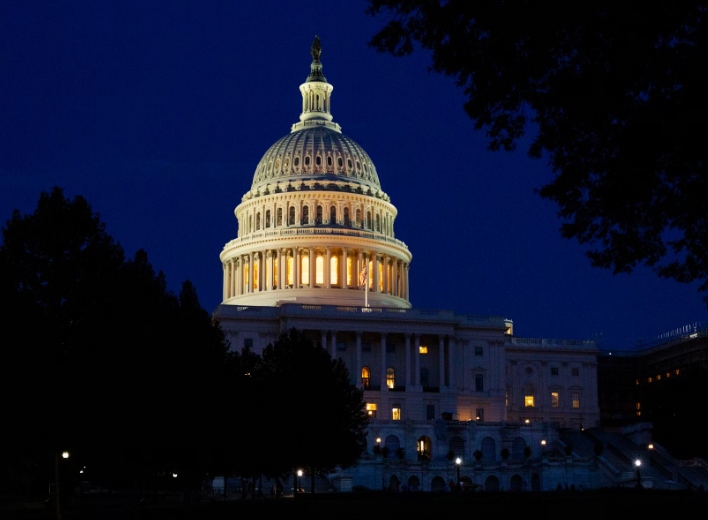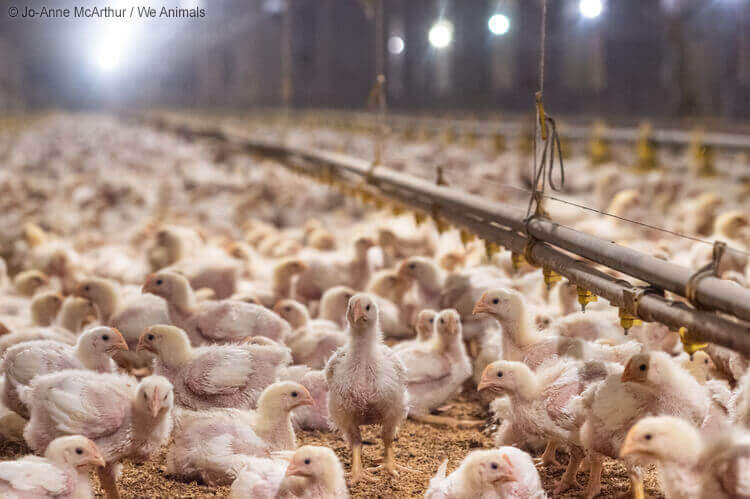Human rights are fundamental to the well-being and dignity of every individual. They encompass a set of universal principles that protect individuals from discrimination, violence, and oppression. However, the sad reality is that violations of human rights occur in numerous parts of the world. In order to combat these injustices and promote global justice, organizations such as Human Rights Watch (HRW) play a crucial role.
Human Rights Watch is an international non-governmental organization (NGO) that advocates for the protection and promotion of human rights around the world. Established in 1978, HRW investigates human rights abuses, exposes them through extensive research, and puts pressure on governments, armed groups, and other powerful actors to rectify these violations.
One of the primary roles of HRW is to conduct thorough investigations into human rights abuses. Their team of researchers gathers information and evidence from various sources, including victims, witnesses, and local organizations. This meticulous process ensures that their reports are accurate, reliable, and impartial. By documenting abuses, HRW sheds light on the injustices that often go unnoticed, making them impossible to ignore.
The organization also plays a vital role in raising awareness about human rights violations. They publish detailed reports, press releases, and op-eds that reach a global audience. Through their extensive media outreach, HRW ensures that the public, policymakers, and the international community are informed about ongoing abuses. By amplifying the voices of victims and survivors, HRW gives a platform to those who are often marginalized and unheard.
Furthermore, HRW engages in advocacy at different levels to promote global justice. They meet with governments, diplomats, and international organizations to push for policy changes and legal reforms. By leveraging their research and expertise, HRW seeks to influence decision-makers to take action against human rights violations. Their advocacy efforts have resulted in concrete changes, such as the release of political prisoners, the establishment of accountability mechanisms, and the adoption of legislation to protect vulnerable groups.
In addition to their investigative and advocacy work, HRW also collaborates with local human rights organizations, activists, and communities on the ground. By building partnerships, HRW ensures that their work is rooted in the realities and perspectives of those affected by human rights abuses. This collaboration strengthens their impact and enables them to support local initiatives that strive for justice and change.
It is important to note that HRW operates independently and impartially. They do not accept funding from governments or political entities, which enables them to maintain their integrity and impartiality. This independence allows HRW to hold all parties accountable, regardless of their political affiliation or influence.
In conclusion, Human Rights Watch plays a crucial role in promoting global justice by investigating human rights abuses, raising awareness, and advocating for policy changes. Their work contributes to the protection and promotion of human rights, ensuring that individuals are treated with dignity and respect. As we strive for a more just and equal world, organizations like HRW provide a beacon of hope and a reminder that the fight for human rights is a collective responsibility.





